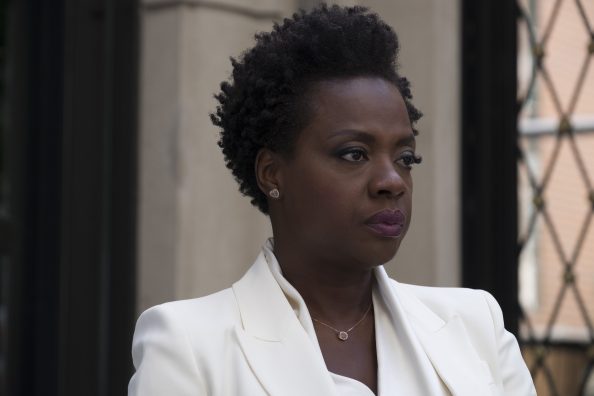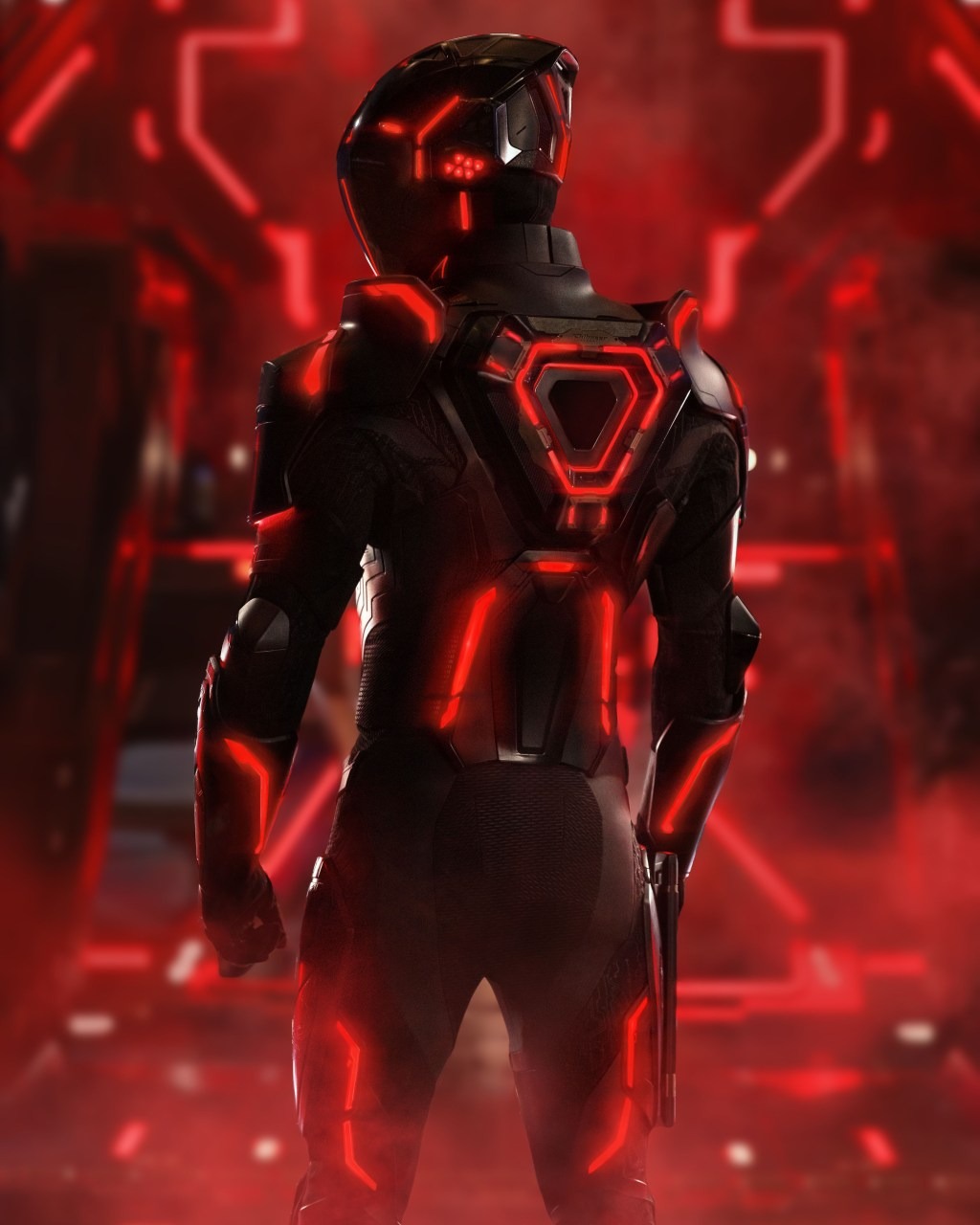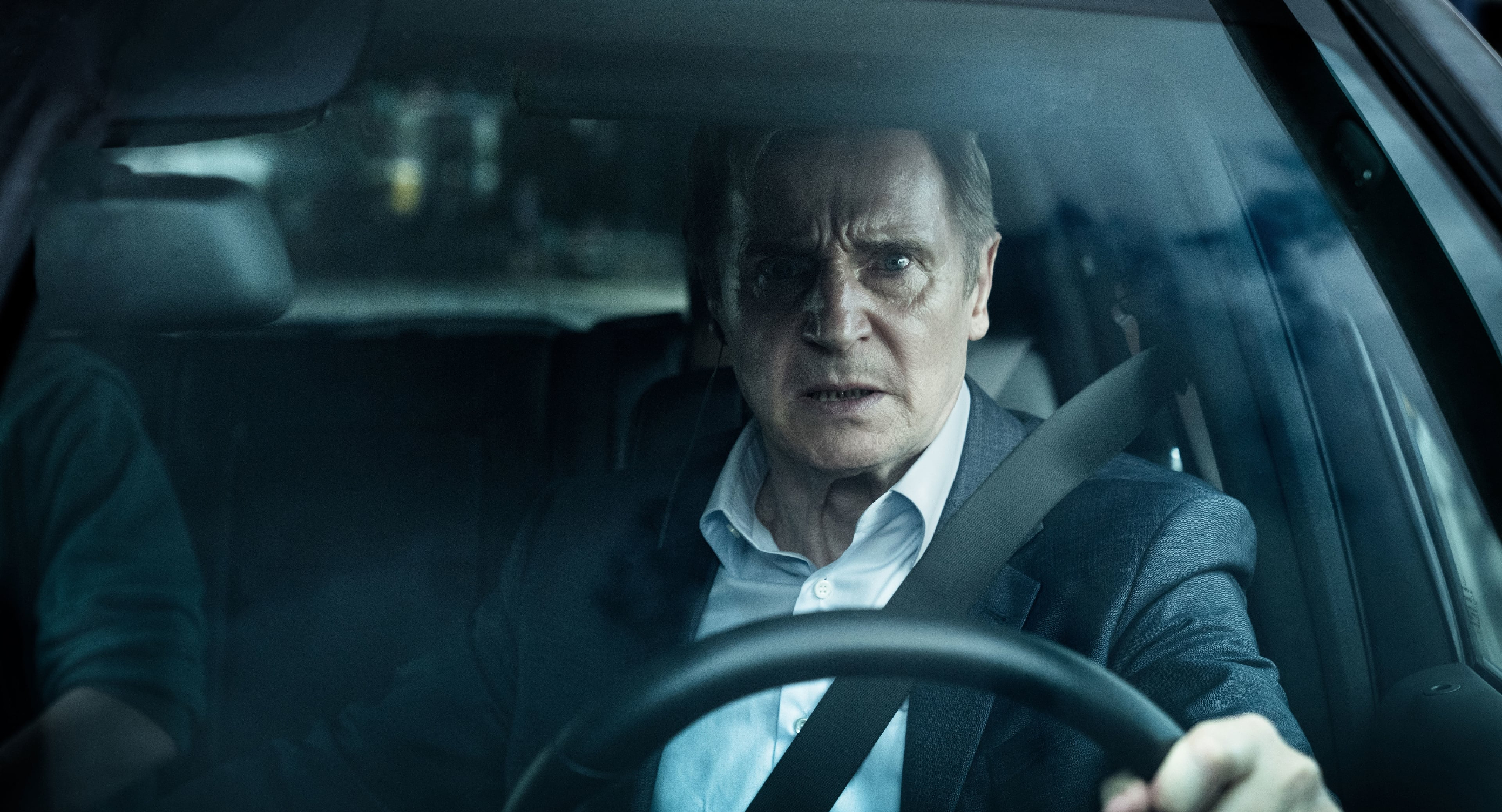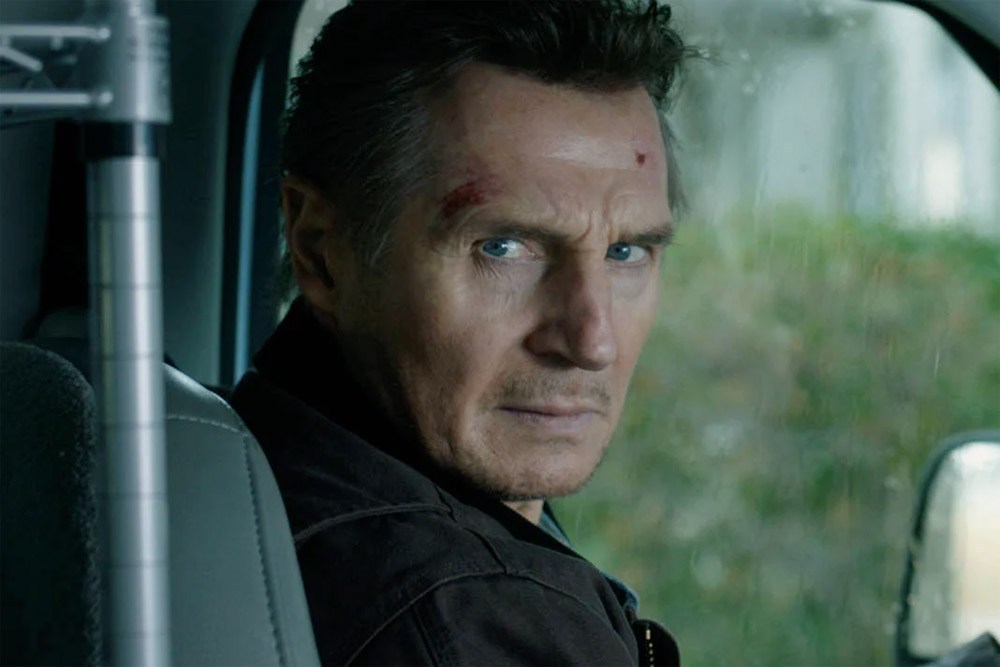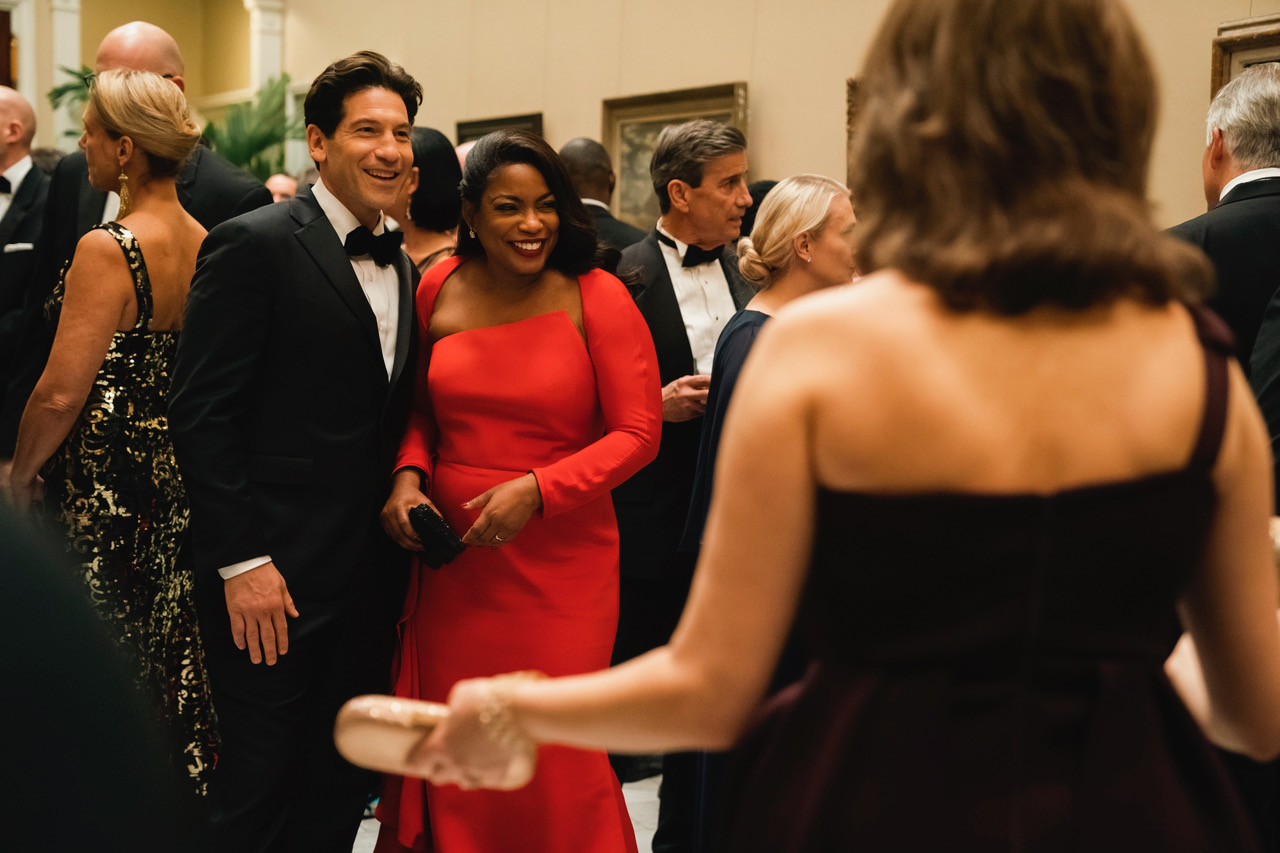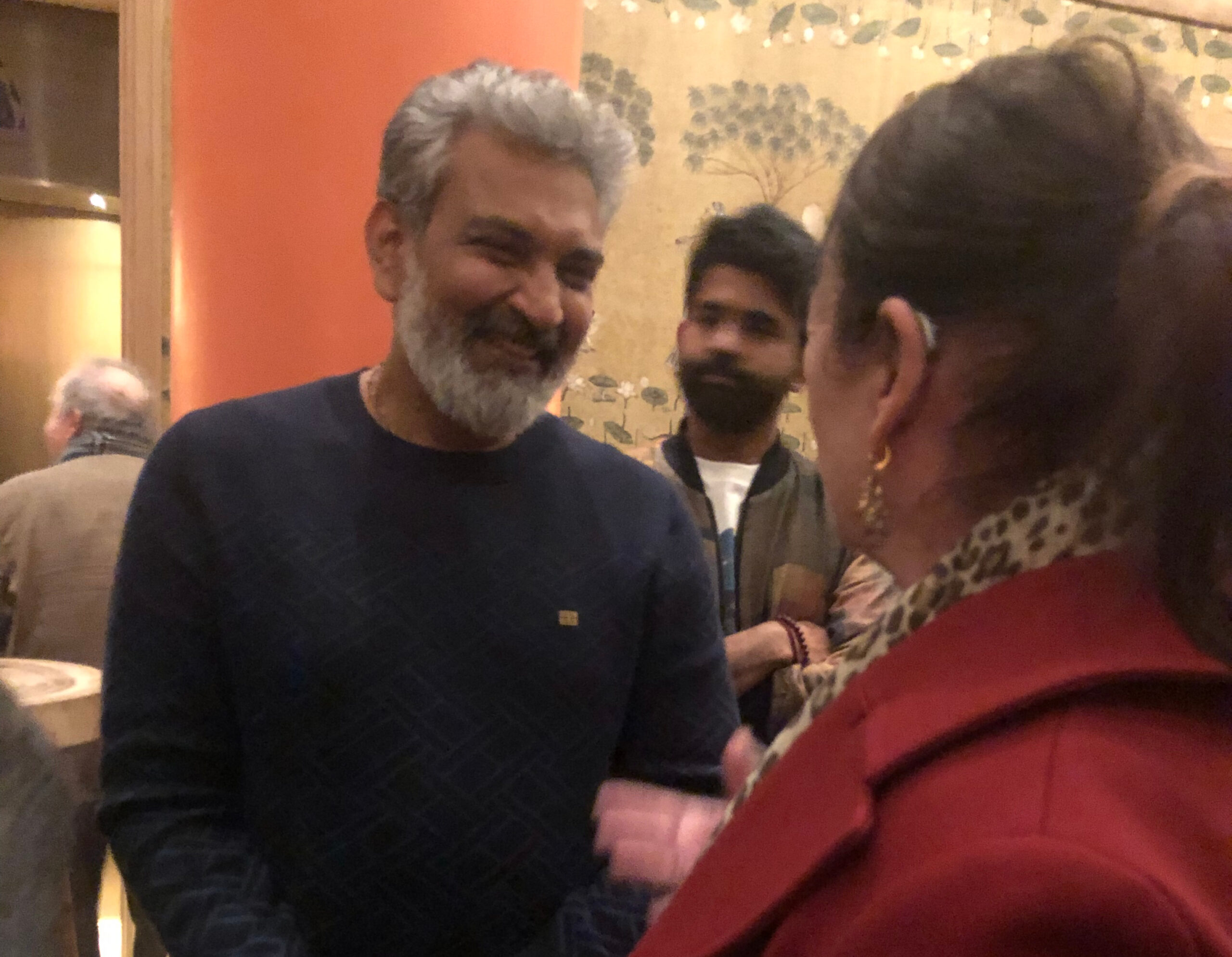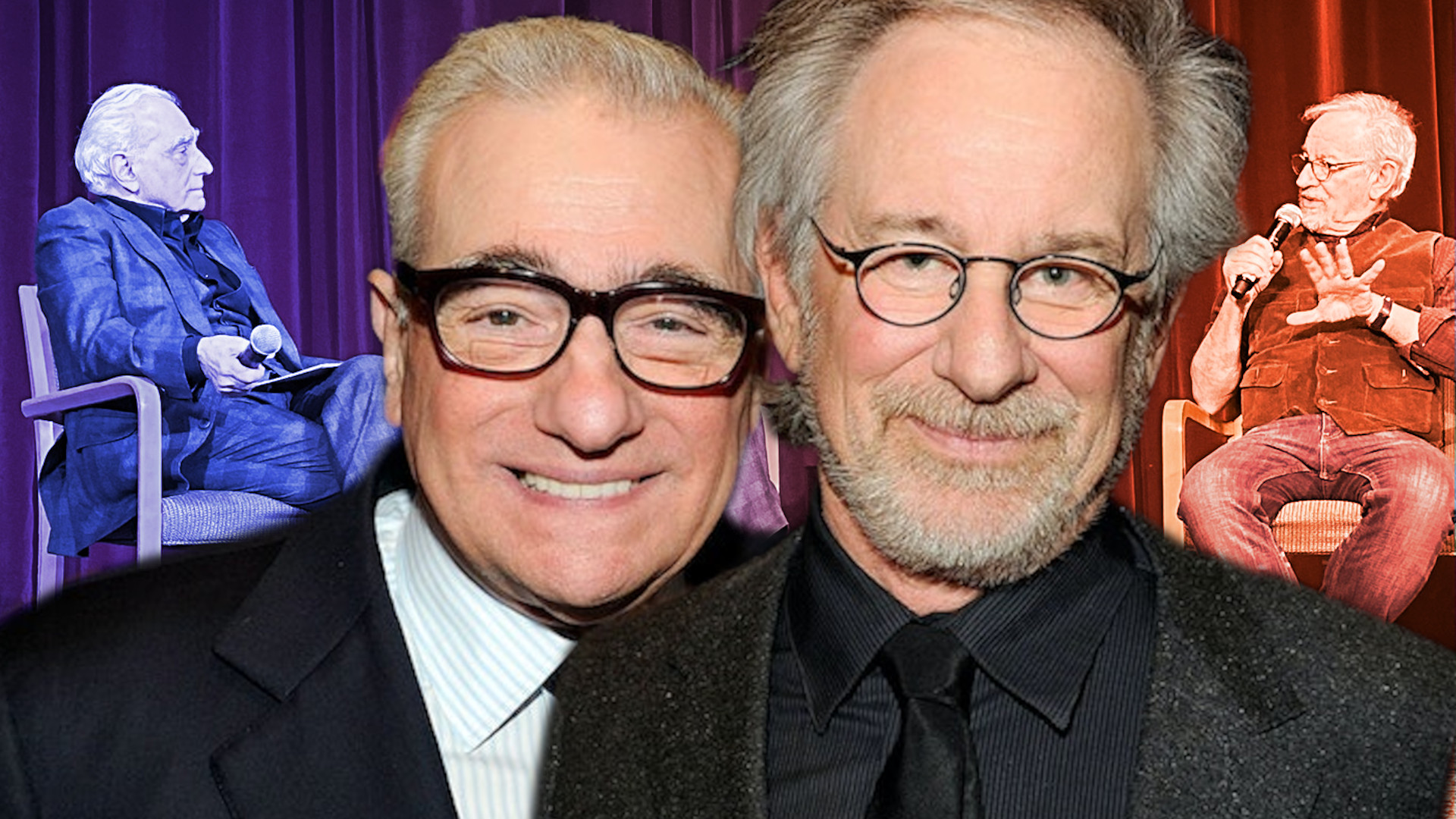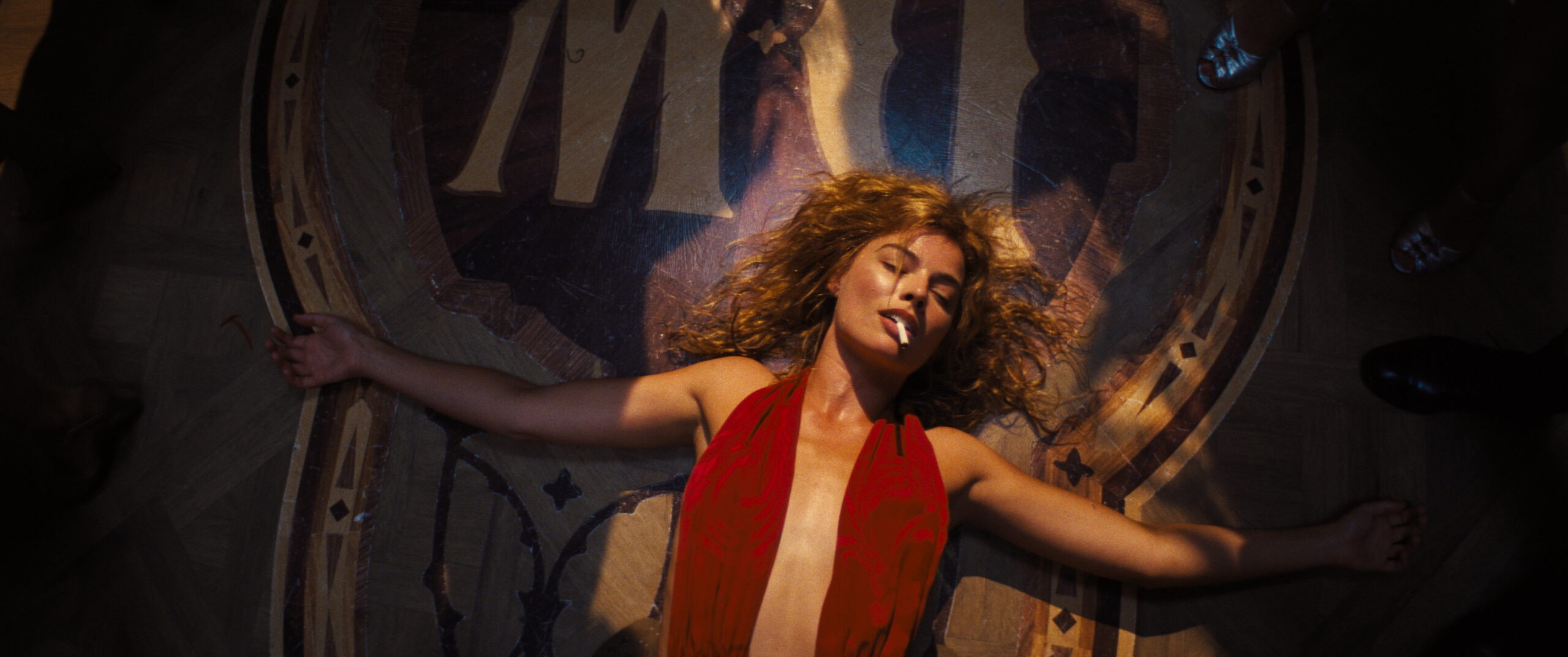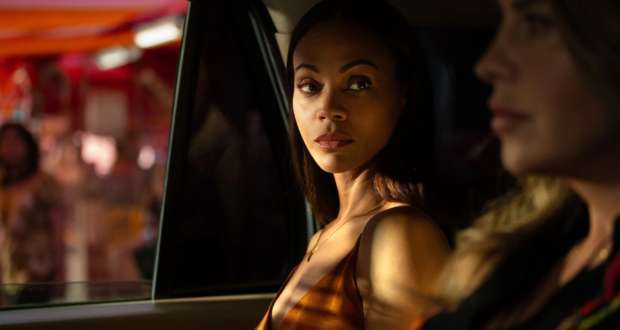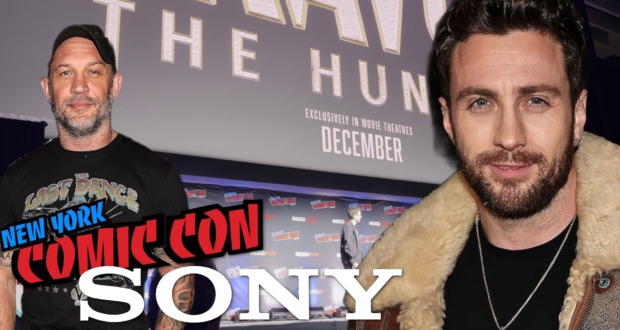Let’s talk about that kiss between Liam Neeson and Viola Davis that opens Steve McQueen’s new heist thriller Widows.
Davis and Neeson play a married couple, and they are in bed exchanging long, passionate kisses, with lots of tongue. It’s something we’re not used to seeing on screen. First they’re not young — few Hollywood films show people that age as sexual (and age appropriate to boot) — and then there’s the obvious fact they are an interracial couple. Would this scene be as “disturbing” to some critics if Neeson was kissing Sandra Bullock instead?
At a private screening of Widows last weekend, Davis addressed the subject of the kiss while also discussing the sexy, three-dimensional character she plays, a brainy widow who is the ringleader of the heist. She conceded that although she hadn’t researched it, she thought the opening sex scene was something that had not been shown on screen before. The moderator of the Q& said the scene was “sexy” and suggested it was “quietly revolutionary.”
Davis said it took movies a while to catch up with what’s currently happening in society. “We didn’t start doing plays about AIDS until the late ’90s, and AIDS was around in the ’80s. It takes us time to process. Change doesn’t happen without chaos and anxiety,” she said.
“I’ll tell you the most revolutionary thing you could do. If there is a role out there that Sandra Bullock — I’m just naming some names out there — Sandra Bullock or Charlize Theron or Nichole Kidman is being considered for, why can’t you consider a woman of color? Why can’t you?”Davis asked “When you see that opening shot, Harry (Neeson) is not beating me. There is no other reason for that scene other than to show two people in love. For you to embrace that, you would have to embrace all the questions that come with that. He saw me, maybe in the airport, and said, ‘I want that woman.’ They had a conversation. They intellectually and sexually bonded. They had sex. They fell in love. They loved music. They had arguments. They had a son. All those reasons why you would cast a Nicole Kidman or Sandra Bullock or a Charlize Theron is the same reason why you cast me, because I am just as much a woman as they are,” said Davis. “That’s why you have the scene, is because of that.
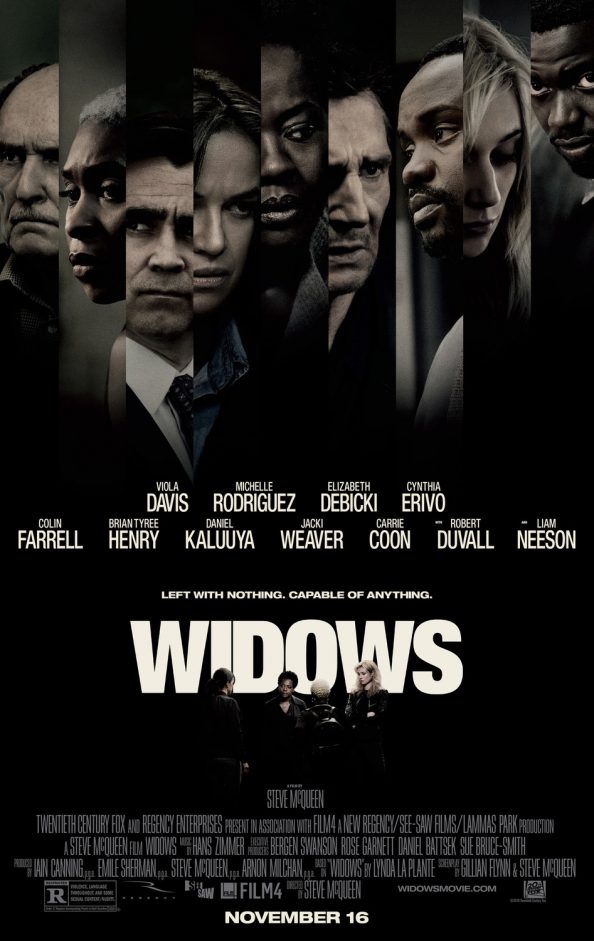 Davis said of the script co-written by McQueen and Gillian Flynn that she was draw into the question of how these women were going to survive after the death of their husbands. “What they absolutely did beautifully, is they answered the question very realistically on how are these women going to pick up their lives after the loss of their husbands, their loved ones, and their financial source? Who is going to take care of my kids? How will I go live again? How am I going to pay my rent? How am I going to do anything when no one has taught me how to do anything? What it gives the audience is a sense of feeling less alone, of looking at images of womanhood that is realistic, as opposed to not realistic. That’s what I always look for in a character.”
Davis said of the script co-written by McQueen and Gillian Flynn that she was draw into the question of how these women were going to survive after the death of their husbands. “What they absolutely did beautifully, is they answered the question very realistically on how are these women going to pick up their lives after the loss of their husbands, their loved ones, and their financial source? Who is going to take care of my kids? How will I go live again? How am I going to pay my rent? How am I going to do anything when no one has taught me how to do anything? What it gives the audience is a sense of feeling less alone, of looking at images of womanhood that is realistic, as opposed to not realistic. That’s what I always look for in a character.”
The actress said she could relate to the characters. “What, for me, made it especially beautiful is I always feel that when people go to the cinema, especially when they see women, or any character, they want the woman to be an extension of their fantasy. Now men want it to be an extension of their fantasy, because they want to have sex with them, but women also want it to be an extension of their fantasy in terms of what I have in my brain. If I want to create and construct the perfect fantasy of who I would want to be, this would be it,” Davis said. “The beauty of who you are right now, and what you have in you right now, that is sort of super human,” she said. “That’s why I signed on.”
-
Acting - /10
0/10
-
Cinematography/Visual Effects - /10
0/10
-
Plot/Screenplay - /10
0/10
-
Setting/Theme - /10
0/10
-
Watchability - /10
0/10
-
Rewatchability - /10
0/10

